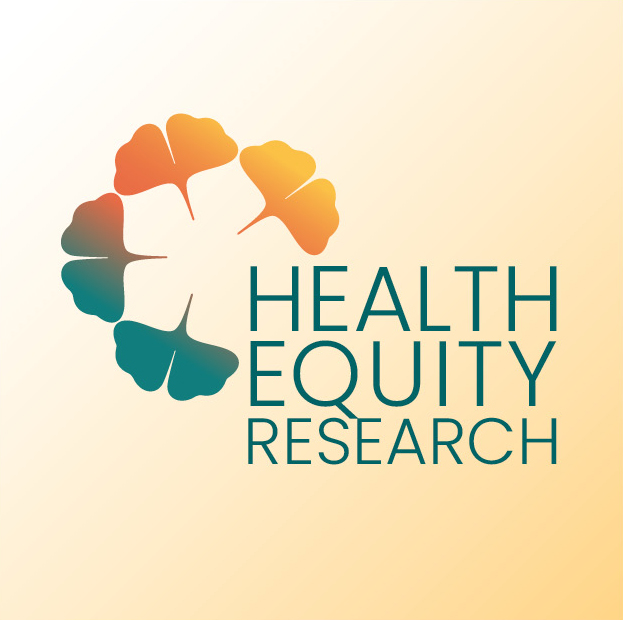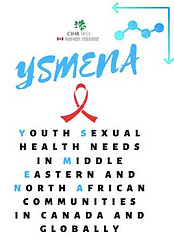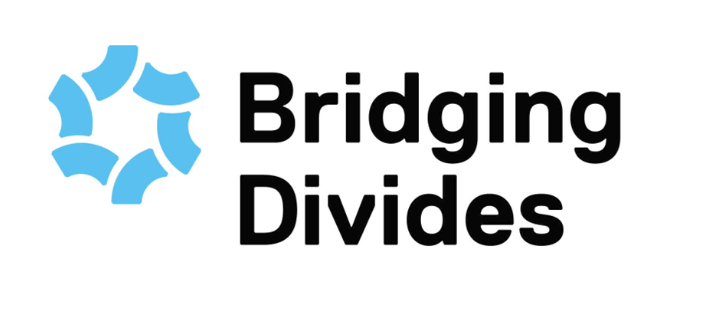
About Our Research Projects
Our collaborative projects cover a diverse range of topics, from migration and social identities to structural determinants affecting access to healthcare. Utilizing community-centered and innovative approaches, we strive to generate impactful solutions that benefit marginalized communities. Learn more about our multi-faceted research endeavors and how they contribute to a more equitable society.
Current Projects
Reducing Mental Illness Stigma in Black Communities in Ontario, Canada
The overall aim of this study is to promote mental health and reduce mental stigma in Black families and communities. Specifically, the study seeks to achieve the following objectives:
(1) To identify and examine the sociocultural and structural factors that (re)produce and/or challenge community silence and stigma of mental illness in Black families and communities;
Culturally Safe and Accessible Digital Mental Health Interventions for Newcomer Youth in Canada’s Asian Diasporic Communities
This project aims to bring together mental health practitioners, decision-makers, Asian newcomer youth leaders and community stakeholders to dialogue and prioritize strategies
Co-designing a mobile application with immigrant adolescents for better sexual and reproductive health
The objectives of co-design project are: (1) to better understand immigrant adolescents’ information, educational support and service access needs related to SRH; (2) To engage immigrant adolescents in the development of an interactive mobile sexual health promotion app
Keeping well: a qualitative community-based exploration of Chinese seniors’ wellbeing-related practices in Toronto, Canada
The study objectives are to critically generate knowledge on: 1) older Chinese immigrants’ perceptions and practices for keeping well in individual and group settings; 2) what are the facilitators and barriers of their keeping-well practices
Engaging Community Stakeholders to Address Vaccine Hesitancy in Racialized and Diasporic Communities
To address vaccine access and hesitancy amongst ethno-racial communities in the Greater Toronto Area (GTA) as well as identify and co-prioritize future actions to facilitate equity in pandemic recovery and preparedness.
Reducing Mental Illness Stigma Project
The overall aim of this study is to promote the mental health and reduce mental stigma in Black Families and Communities. Specifically, the study seeks to achieve the following objectives: (1) To identify and examine the sociocultural and structural factors
YSMENA Program
YSMENA is a program of research with the aims to: (1) understand how the social environments and relationships of MENA youth in the contexts of their homes, schools, and communities, shape their identities and influence their sexual health
HIP Project
The objectives of the HIP Project are: (1) to advance critical HIV health literacy among heterosexual Black men and communities; (20 to engage heterosexual Black men, community leaders, and stakeholders in co-designing the HIP intervention to reduce HIV vulnerabilities and promote community resilience
Bridging Divides
Josephine Wong is a Co-lead of the Immigrant Health and Well-being Theme under the Bridging Divides Research. Toronto Metropolitan University is leading this seven-year, $98.6-million research project, which also involves researchers
Project ACE
Acceptance and Commitment to Empowerment (ACE) Intervention: Reducing HIV Stigma and Promoting Community Resilience Through Capacity Building



